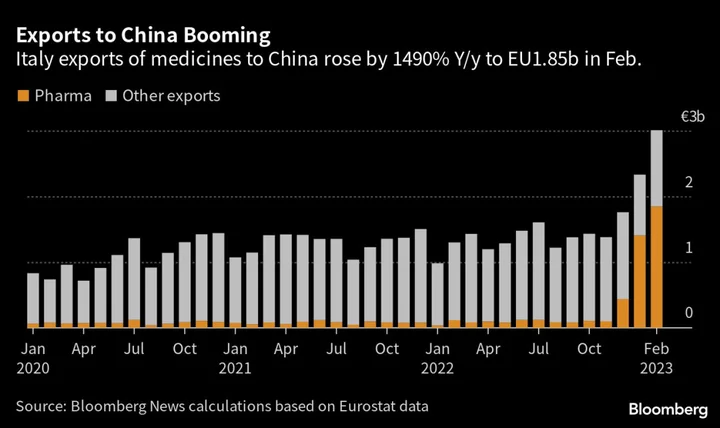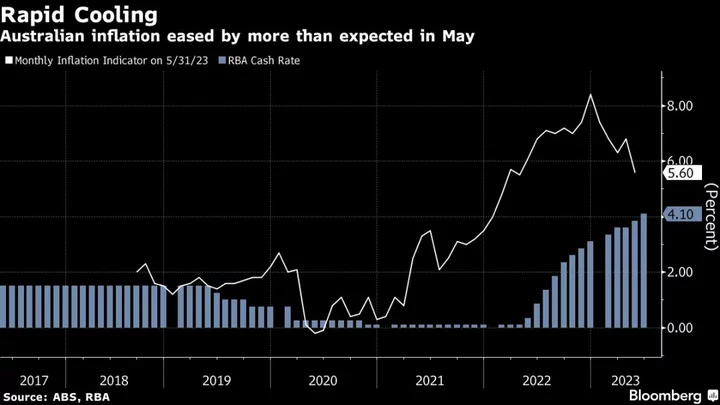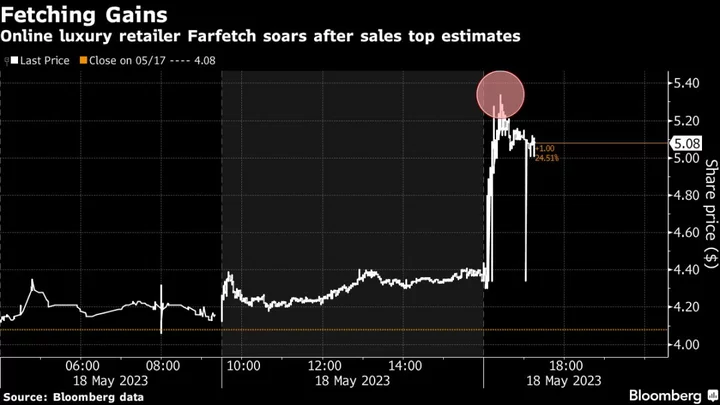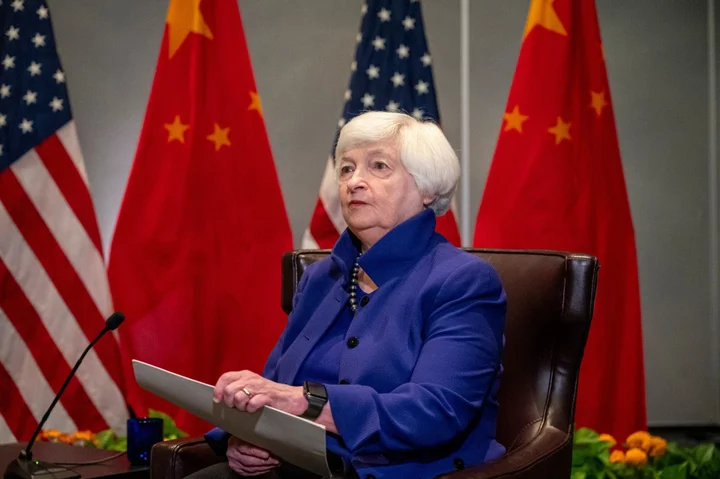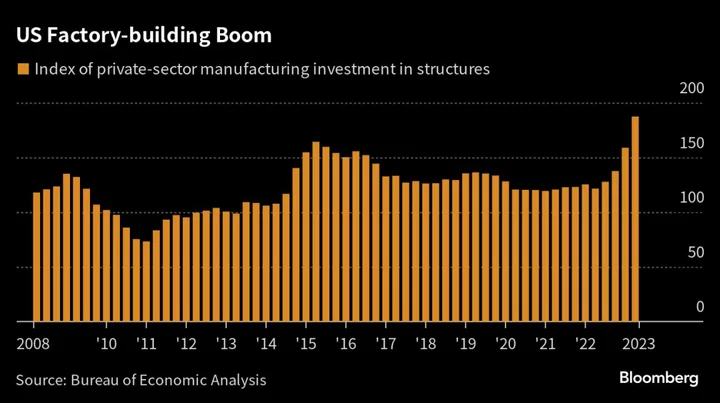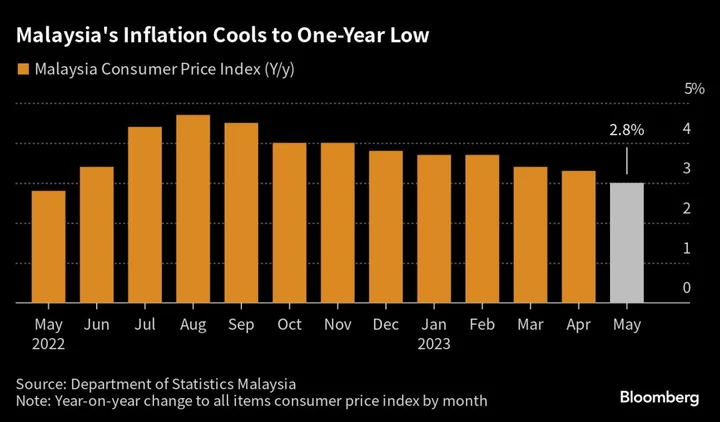Italy’s exports to China have tripled in little more than a year. The problem is, even the experts are struggling to explain why.
Shipments abroad rose above €3 billion ($3.3 billion) in February, up 131% from a year earlier. This follows another jump of 137% the month before. For comparison, Italy exported about €1 billion of goods and services in January 2022 to the world’s No. 2 economy.
Such a boom would be hard to explain under normal circumstances. Now, as Russia’s war in Ukraine and supply-chain upheaval distorts traditional trade flows, it’s downright mysterious.
First, consider the politics. Italy may be the only Group of Seven country that has signed up to China’s mammoth investment plan, the Belt and Road Initiative, but the economic benefits of such an alliance since 2019 have been limited.
Moreover, relations had already cooled significantly under Prime Minister Mario Draghi. His successor, Giorgia Meloni, has signaled to US officials that she will pull out of the controversial China deal before the end of the year.
Read more: Italy Intends to Exit China Belt and Road Pact as Ties Sour
What makes the data even more puzzling is that it’s all down to a very specific sector: pharmaceuticals. Or to be more precise, “medicaments consisting of mixed or unmixed products for therapeutic or prophylactic uses, put up in measured doses.”
Exports of this group of products rose to €1.84 billion in February from €98.5 million a year earlier. They accounted for almost two-thirds of all Italian exports to China.
Why the spike? Italian media have speculated that the driving force is runaway Chinese demand for a UDCA, a chemical used mostly in liver drugs and that’s been claimed — without reason — to help in preventing Covid. So the sudden end of China’s Zero Covid strategy and the subsequent wildfire spread of the virus across the country might be behind the export boom, although the vast majority of China’s population looks to have gotten Covid in December and January, meaning they would have recovered before Italian exports started rising.
But UDCA demand alone doesn’t explain the export peak.
Industria Chimica Emiliana, the Italian company that is world’s largest integrated producer of UDCA and bile acid products, has yearly sales of around €300 million, just a fraction of the jump in Italian pharma exports to China.
Adding to the uncertainty, the most recent Chinese data yields little evidence these products are arriving en masse. Considering shipping times, the drugs — whatever kind they are — should have made it to China to be counted in the April trade data, but there was no observable change.
One explanation might be shifting regional trade.
“It’s likely demand for medicines from China,” said Peter Ceretti, a director at Eurasia Group who investigated the matter. “Larger Italian pharma producers are shipping as much Italian-made product as they can. And perhaps some are moving German and other European Union-produced medicine into Italy for re-export to China too.”
--With assistance from James Mayger.

